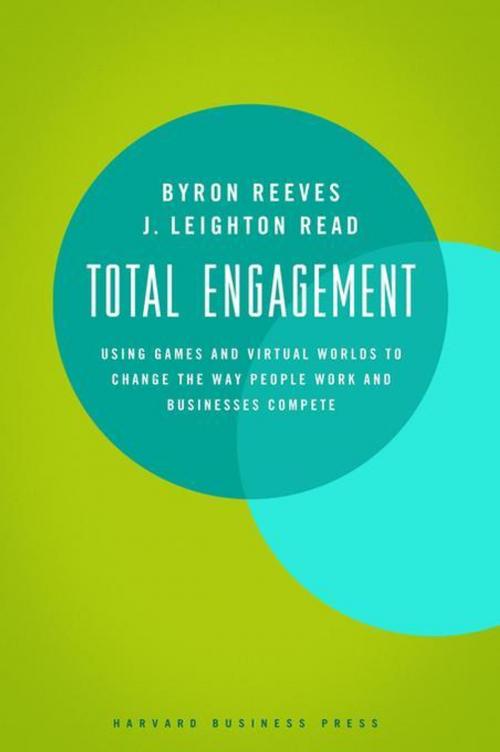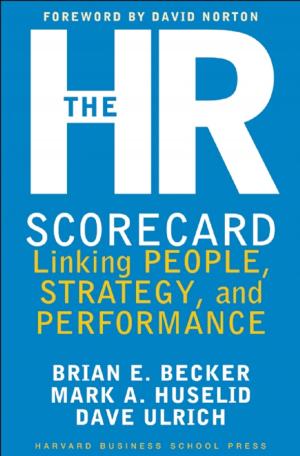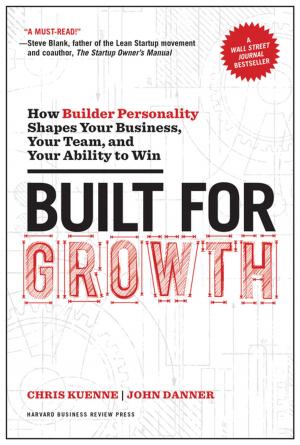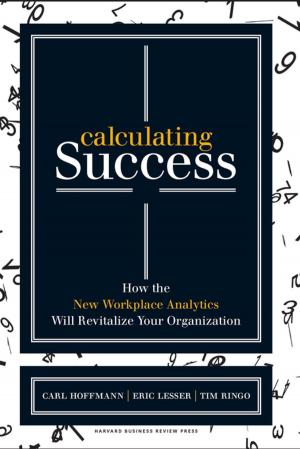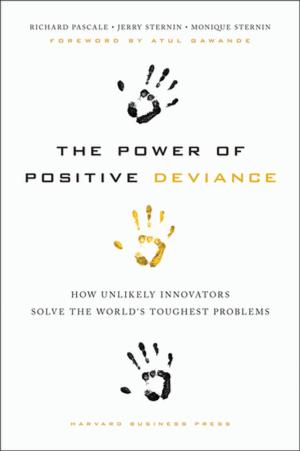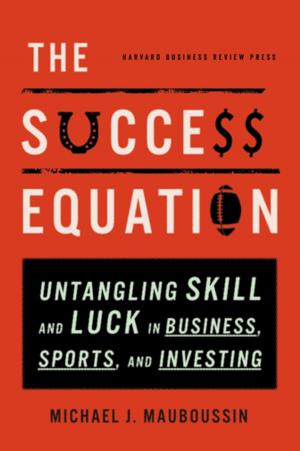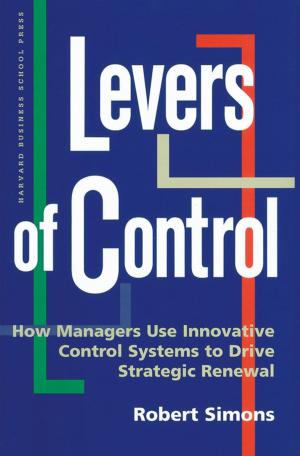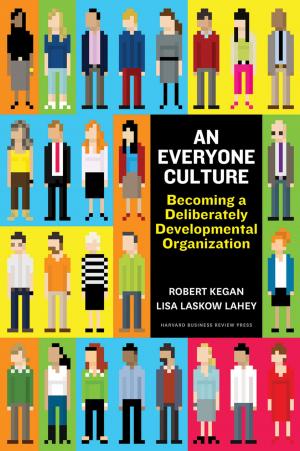Total Engagement
How Games and Virtual Worlds Are Changing the Way People Work and Businesses Compete
Business & Finance, Management & Leadership, Management, Human Resources & Personnel Management| Author: | Byron Reeves, J. Leighton Read | ISBN: | 9781422155134 |
| Publisher: | Harvard Business Review Press | Publication: | November 3, 2009 |
| Imprint: | Harvard Business Review Press | Language: | English |
| Author: | Byron Reeves, J. Leighton Read |
| ISBN: | 9781422155134 |
| Publisher: | Harvard Business Review Press |
| Publication: | November 3, 2009 |
| Imprint: | Harvard Business Review Press |
| Language: | English |
Can the workplace be more productive by including avatars, three-dimensional environments, and participant-driven outcomes? This grounded and thought-provoking book by Byron Reeves and Leighton Read proves that it is not only possible, it is inevitable.
Implementing components of multiplayer computer games in the workplace will address a host of age-old problems. Games can not only stem boredom and decrease turnover, but also enhancee collaboration and encourage creative leadership. Games require extraordinary teamwork, elaborate data analysis and strategy, recruitment and retention of top players, and quick decision making. Recreating some elements of games - such as positioning tasks within stories, creating internal economies, and implementing participant-driven communication systems - can not only boost employee engagement but overall productivity.
Of course, the strong psychological power of games can have both positive and negative consequences for the workplace. That's why it's important to put them into practice correctly from the beginning - and Reeves and Read explain how by showing which good design principles are a powerful antidote to the addictive and stress-inducing potential of games.
Supported by specific case studies and years of research, Total Engagement will completely change the way you view both work and play.
Can the workplace be more productive by including avatars, three-dimensional environments, and participant-driven outcomes? This grounded and thought-provoking book by Byron Reeves and Leighton Read proves that it is not only possible, it is inevitable.
Implementing components of multiplayer computer games in the workplace will address a host of age-old problems. Games can not only stem boredom and decrease turnover, but also enhancee collaboration and encourage creative leadership. Games require extraordinary teamwork, elaborate data analysis and strategy, recruitment and retention of top players, and quick decision making. Recreating some elements of games - such as positioning tasks within stories, creating internal economies, and implementing participant-driven communication systems - can not only boost employee engagement but overall productivity.
Of course, the strong psychological power of games can have both positive and negative consequences for the workplace. That's why it's important to put them into practice correctly from the beginning - and Reeves and Read explain how by showing which good design principles are a powerful antidote to the addictive and stress-inducing potential of games.
Supported by specific case studies and years of research, Total Engagement will completely change the way you view both work and play.
